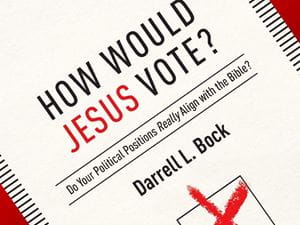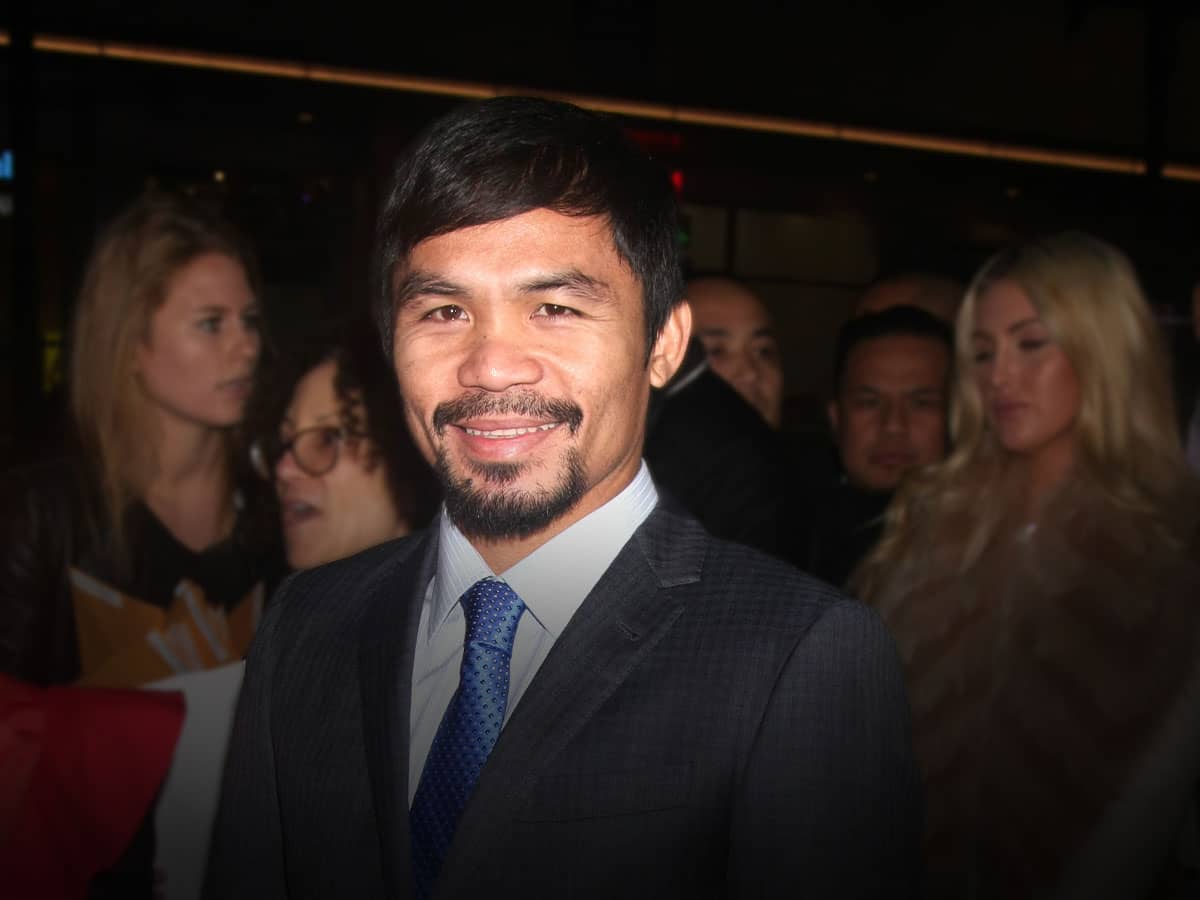
Engagement, Respect, and Loving Your Neighbor
The pursuit of the common good, at least in part, is about pursuing virtue in our society. However, pursuing the common good must also balance the diversity that is in our society. Virtue is about the balance between liberty and good choices. It is about judgments, both individual and corporate.
I may be free to choose to do all kinds of things. I may even have those rights, but that does not mean that everything I am free to choose yields good results. As Paul said, “ ‘All things are lawful for me’—but not everything is beneficial” (1 Corinthians 6:12). God gave Adam and Eve the freedom to choose to eat of the tree of good and evil, but the choice to eat that fruit was not good and came with consequences. In both biblical passages noted above there is a lesson.
The legal right or liberty to do something does not mean it will be a right choice. Corporate human flourishing and the pursuit of the common good require that we reframe many of the issues we debate and see them in light of core questions about humanity—as special creatures in the creation. We are contending that, for the most part, our current politics fails to wrestle with the moral factors that these life tensions require.
As some of our Founding Fathers showed in the quotations that opened our book, or as a well-known figure like William Wilberforce’s life proved as he argued for an end to slavery, the wedding of politics and religious reflection can do our society good and contribute to human flourishing.
The legal right or liberty to do something does not mean it will be a right choice.
Getting out of gridlock requires a certain style of engagement, doing a better job of listening and balancing tensions versus pitting them against one another. Perhaps one of the reasons we are in gridlock is that our style of engagement leads into it. We do get what we pay for by how we engage. Unless we alter the way we debate and engage one another, little will change and all of us will continue to live in a world of gridlock, distrust, and hostility.
Three Obstacles to Helpful Political Engagement
1. Niche Broadcasting
The first of three major problems in getting to solid political dialogue is the presence and success of niche broadcasting on political events on cable and over the web. Juan Williams, a political analyst for FOX News, pointed to this as a problem and called it narrowcasting, not broadcasting. It is a problem on both ends of the ideological divide. Whether we think of news organizations that favor the right or the left, the effect of these stations is not only a filter for the news, but a mostly one-sided framing of issues that never lets us really understand what the other side might be saying that could be of value. The pounding away at our leaders, of any political stripe, who hold views different from mine, almost always seeing the worst of motives for why they act, is a poison in our body politic.
Ironically, it matters little who or which party is in the White House, the other side will pound away at the credibility of the one in office. Airtime for the variety of points of view or the complexity of some issues is not in any kind of balance. Sometimes the worst of rumors are circulated. My email inbox has managed to get one-sided mailings regularly—from each end of the spectrum. The result of one-sided listening, so prominent in niche broadcasting, is an increasing distrust of one another and a polarization of our politics. The monophonic sound each of these channels produces rarely leads to an understanding of the tensions we have discussed, much less any appreciation for them. We simply choose sides and treat any form of discussion and compromise as a defection of loyalty—where everything worth defending is almost always said to be at stake. A fellow American becomes an enemy to be fought, not a neighbor to be respected.
2. Vilification of the Person Who Differs
The second obstacle, which has already been alluded to, is the vilifying of the person who holds different views. The attack is on the person’s character or integrity rather than the substance of the issues. This is often done in sound bite form. This sloganeering approach to politics undercuts working hard at getting into the details of issues. If I can label opponents as socialists or fundamentalists, others of my persuasion will jump on the bandwagon with what they think is immediate understanding of where the person is coming from and why the person argues as he or she does. If I dress the opponent in black, then there is no need to listen to any reasoning about why things might be seen in a certain way.
Just look at some of the issue framing we have had in the last few years. Regarding the Supreme Court decision on Hobby Lobby, we heard that our bosses “determine our personal health care decisions.” The justices who wrote on one side of the case are called “the Operatives.”On the other hand, when an ambassador at a US foreign embassy was killed by terrorist murderers, government leaders were accused of not caring about those who died. The more inhumane we can make the opponent, the less we need to take the opponent seriously—and the more money we can raise for our cause. On immigration, people who want leniency do nothing but “support lawbreakers and criminals”; while those who want tighter regulations are portrayed as racist or heartless because they only care about the rule of law. Do these labels really advance the substantive discussion we need to have on a topic where both sets of concerns are legitimate? We accuse our president of seeking to be a king when he unilaterally acts on legislation that is never even put on the docket for a vote, after long committee study, yet one person on the other side in Congress can determine by him- or herself whether a vote, which most legislators may support, can even come up for a decision. Who acts as a king then?
My point is that both sides are equally guilty here. This rhetoric and framing of the issues, this constant posturing for political advantage and the campaign dollar, does little for us than preach to the choir and make it more difficult not only to have a necessary conversation but also to hammer out options that we need to consider. Both sides are equally guilty here.
3. Special Interest Money Influences Politicians
The third obstacle involves the vast amounts of money used to frame all of this rhetoric, making the politicians beholden to special interest groups. Politicians are so busy chasing their next campaign dollar that they don’t think about what is best for the country. They end up serving the special interests that fund them versus the people who elected them or all the people they represent. The average person has no chance of being elected today without the support of a number of kingmakers. The tension here is that our system promotes involvement and does not restrict it. Freedom of speech allows for this kind of activity, so it becomes the responsibility of citizens and informational professionals (the media) to do a better job of gatekeeping here.
My ultimate point is that we get what we pay for when we allow these structures to dominate our political landscape. As citizens, we are responsible to counteract them by engaging responsibly in the choices that are ultimately in the hands of the people. It requires we be good citizens who are engaged and well informed, committed to hearing all side of the debate. Unless we get past political vilification, candidate dependency on special interest dollars, and selective hearing on the issues, we may be doomed to live in a country so divided it remains significantly dysfunctional.

